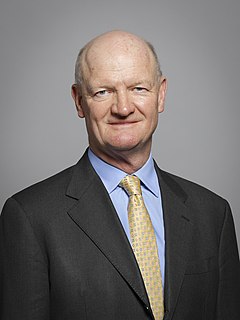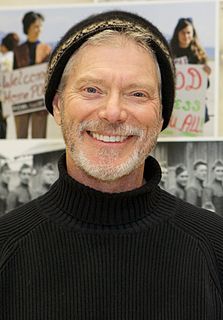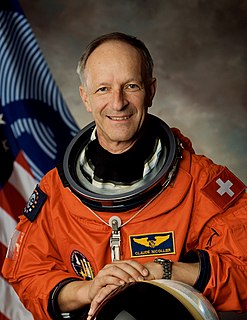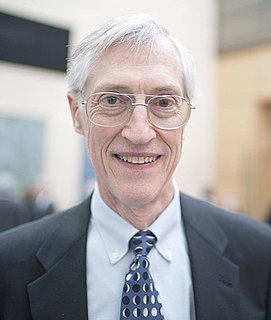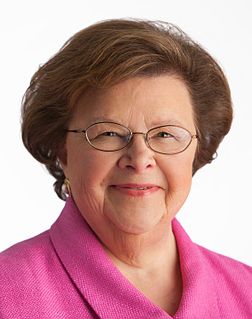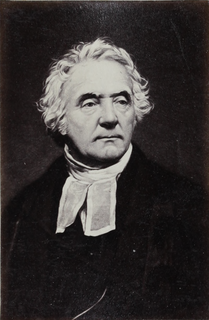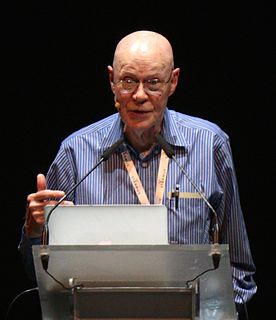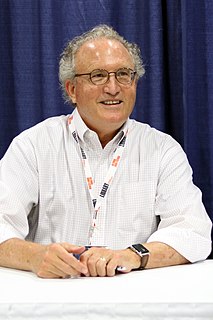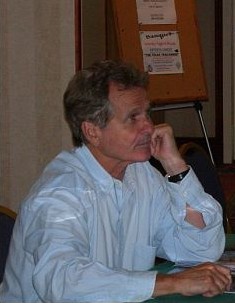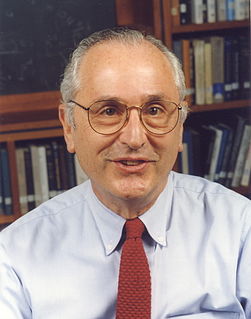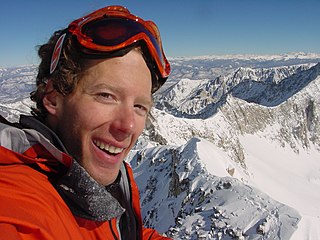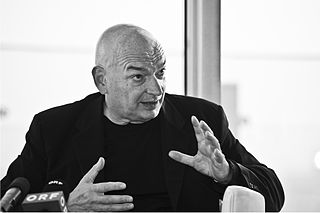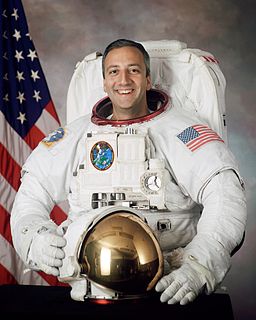Top 1200 Hubble Space Telescope Quotes & Sayings
Explore popular Hubble Space Telescope quotes.
Last updated on April 14, 2025.
The Bible is like a telescope. If a man looks through his telescope, then he sees worlds beyond; but if he looks at his telescope, then he does not see anything but that. The Bible is a thing to be looked through, to see that which is beyond; but most people only look at it; and so they see only the dead letter.
Even with an improperly ground mirror, the Hubble delivered extraordinary images. When the flaw was corrected, the Hubble delivered images of transcendent beauty and value for many years. So too 'Terra Nova.' Even in its flawed first season, each episode was full of marvelous moments and beautiful images.
We have all kinds of limitations as human beings. I mean we can't see the whole electromagnetic spectrum, we can't see the very small, we can't see the very far. So we compensate for these short comings with technological scaffoldings. The microscope allows us to extend our vision into the microsphere. The telescope allows us to extend our vision into the macrosphere, the Hubble Space Telescope extends our optic nerve into space, and it allows us to mainline space and time through our optic nerve.
In 2009 I went up on the space shuttle. I was in space for 16 days and docked at the space station for 11 days. The entire crew did five space walks, of which I was involved with three of them. When you're doing a space walk, you always have a buddy with you. It's a very dangerous environment when you're doing a space walk.
When Hubble was launched, it became clear very shortly thereafter that there was a problem with the optics.The mirror was not quite the right shape. And the one program that I had really been looking forward to doing with Hubble was studying outer planets in our solar system, the planets Uranus and Neptune.
What can be more soul shaking than peering through a 100-inch telescope at a distant galaxy, holding a 100-million-year-old fossil or a 500,000-year-old stone tool in one's hand, standing before the immense chasm of space and time that is the Grand Canyon, or listening to a scientist who gazed upon the face of the universe's creation and did not blink?
Perhaps we are looking at this from a wrong perspective; this search for the truth, the meaning of life, the reason of God. We all have this mindset that the answers are so complex and so vast that it is almost impossible to comprehend. I think, on the contrary, that the answers are so simple; so simple that it is staring us straight in the face, screaming its lungs out, and yet we fail to notice it. We're looking through a telescope, searching the stars for the answer, when the answer is actually a speck of dirt on the telescope lens.
Ironically, it is only when disaster strikes that the shuttle makes the headlines. Its routine flights attracted less media interest than unmanned probes to the planets or the images from the Hubble Telescope. The fate of Columbia (like that of Challenger in 1986) reminded us that space is still a hazardous environment.
...Which brings me to the Hubble Space Telescope's newest images. If it's wonder that you're looking for, and mystery, don't just scan the photographs. Stop and think about them. Try to imagine the scale. The Earth is just a speck of dust on one distant whirling tentacle of the Milky Way galaxy, which contains billions of stars. A 'collision' of galaxies seems unimaginably large - and yet it is something scientists long ago imagined... The imaginings of pseudoscience are feeble by comparison.
I do not personally want to believe that we already know the equations that determine the evolution and fate of the universe; it would make life too dull for me as a scientist. ... I hope, and believe, that the Space Telescope might make the Big Bang cosmology appear incorrect to future generations, perhaps somewhat analogous to the way that Galileo's telescope showed that the earth-centered, Ptolemaic system was inadequate.
In the course of writing 'First Light,' I climbed all over and through the Hale Telescope, where I found rooms, stairways, tunnels, and abandoned machines leaking oil. My notebooks show tooth-marks where I gripped them with my teeth while climbing around inside the telescope, and the notebooks are stained with Flying Horse telescope oil.
For me space rock is something that takes you out of yourself and out of your normal realm. And if space happens to be that inner space or outer space it's a very personal thing. I think that mantra is space music. I think that Native American tribal drumming is space music. Anything that allows you to go inward to go outward and to move within a space that is not normal to your reality.
When asked, "How do you write?" I invariably answer, "One word at a time," and the answer is invariably dismissed. But that is all it is. It sounds too simple to be true, but consider the Great Wall of China, if you will: one stone at a time, man. That's all. One stone at a time. But I've read you can see that motherfucker from space without a telescope.
When I first went to Hubble, as an astronomer and as a scientist, it was a dream come true. And as an astronaut, the Hubble missions are premiere missions because Hubble is so important to science, so important to humanity, that it's just a very special event. But as an astronomer, it was sort of the holy grail of missions.
The reason we have the stars twinkle at night is because the light is being kind of blurred by the atmosphere around the Earth. That is why the Hubble Space Telescope is so good, because it is above the atmosphere. So it is kind of like looking at the sun from the bottom of a swimming pool, versus looking at the sun above the swimming pool.
The bottom line is that finding orphan planets - small, faint, and located who-knows-where - is not for the faint of heart. The task is comparable to observing a match flame at the distance of Pluto. The WISE satellite, a hi-tech, space-based infrared telescope especially suited for such work, has found only a few.
The Hubbell space telescope, it's first year up after they fixed it, categorized and counted 500 billion galaxies in any one photograph field of view of dark matter. That's like grains of sand at the beach and you've just got a handful. It's massive amounts. I'm sure that of all of the galaxies, and I'm sure the universe is teeming with life.
As we begin the 21st century, the Hubble space telescope is providing us with information about as yet uncharted regions of the universe and the promise that we may learn something about the origin of the cosmos. This same spirit of adventure is also being directed to the most complex structure that exists in the universe - the human brain.
